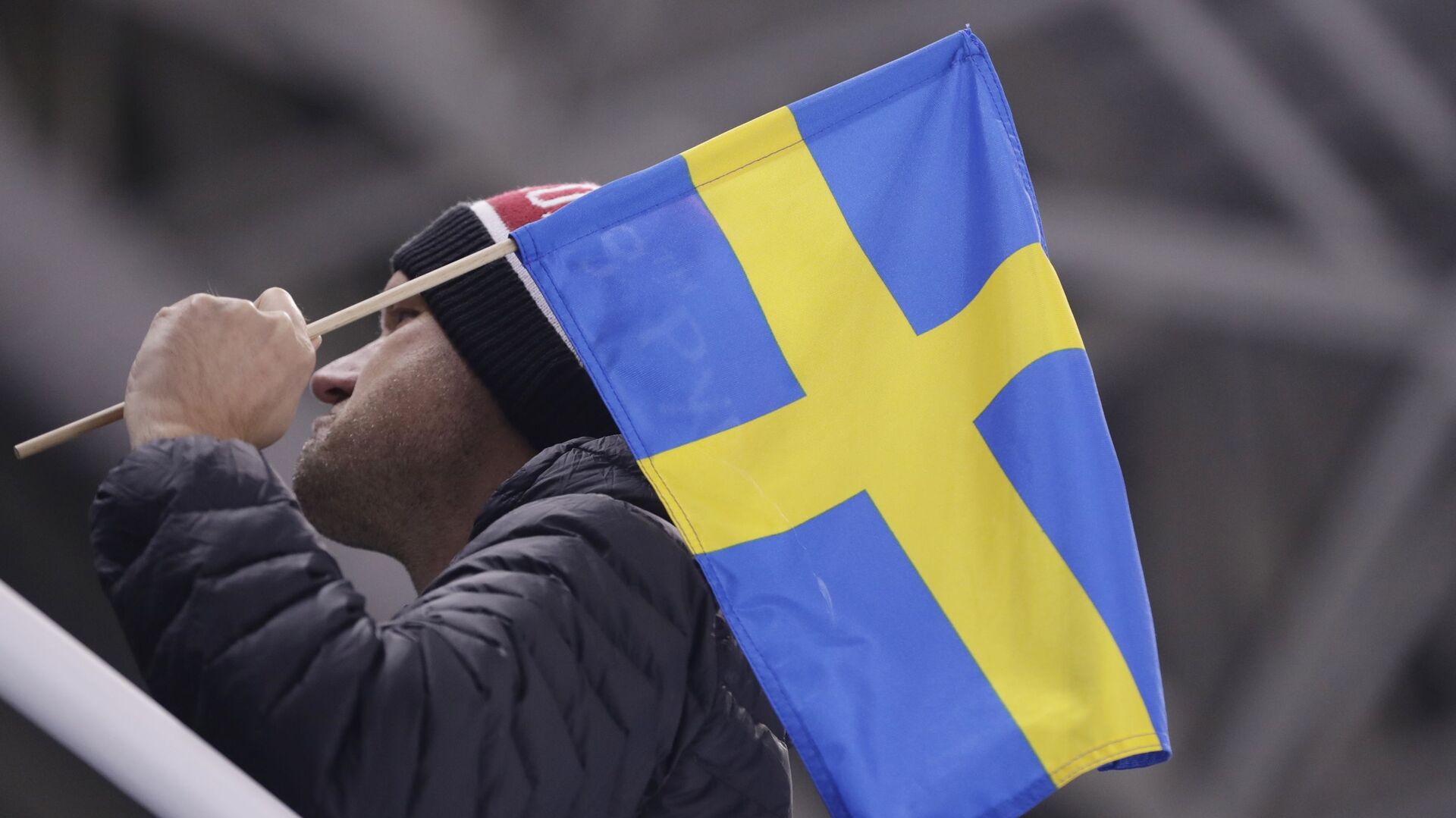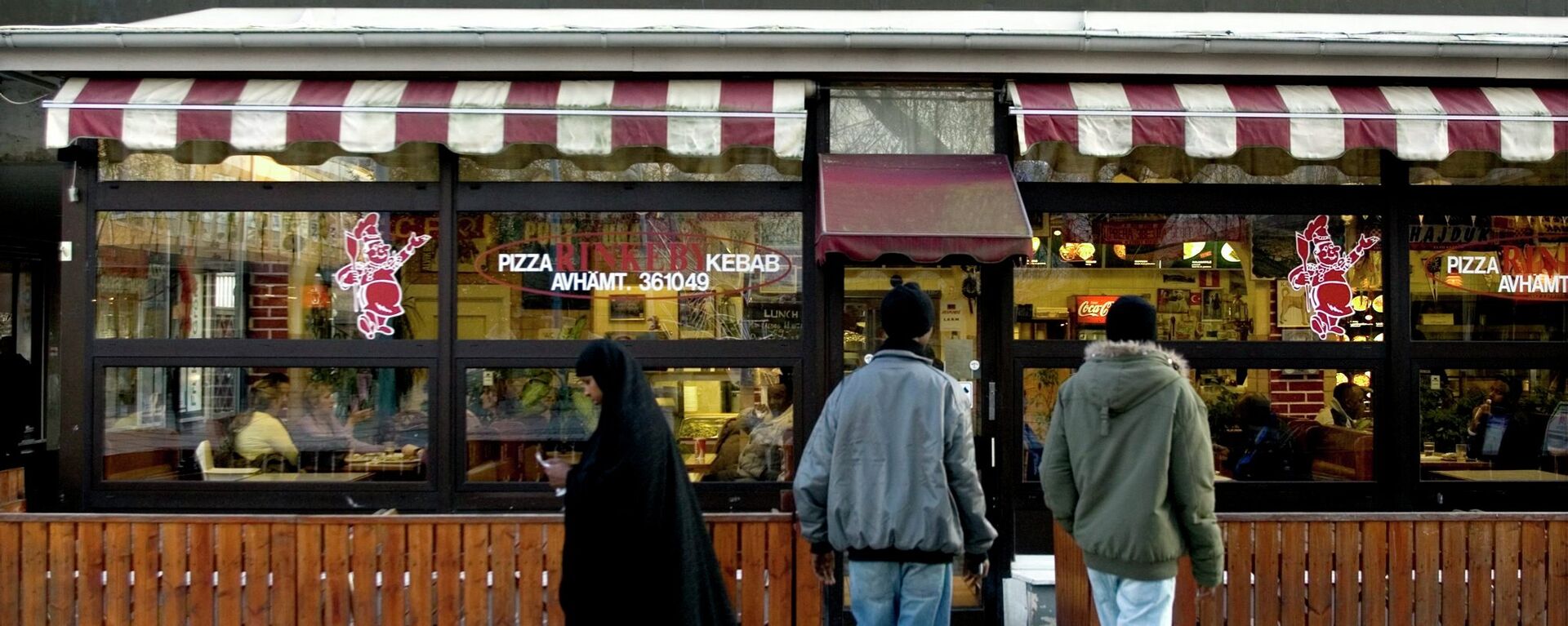In an effort to reach a consensus on Sweden's migrant policy, the liberal-conservative Moderates, the Liberals, and the Christian Democrats have teamed up with the national-conservative Sweden Democrats to produce a proposal to tighten the country's immigration laws, national broadcaster SVT reported.
The proposal, the first one to be signed by the four parties, suggests, among other things, to limit the basis for residence permits due to humanitarian reasons. It also implies that language requirements are tightened, whereas family immigration is sharply limited. The proposals represent a clear tightening compared with the ideas previously set forth by the government in its bill on migration policy.
This also marks a historic point in the so-called centre-right blue bloc collaborating with the Sweden Democrats, who have long been considered a pariah in the Swedish parliament, to the point of the majority of Sweden's parliamentary parties signing the so-called December Agreement in 2014 in order to isolate them. In stark contrast to fellow opposition parties, who only changed their mind quite recently, the Sweden Democrats have long had limited immigration on their agenda.
Moderates leader Ulf Kristersson called the proposal a means of "getting something done in Swedish politics", yet rejected the idea that this is the first step in creating a government together with the Sweden Democrats, an idea widely circulated in Swedish social media in recent years.
The Liberals Burundi-born leader, Nyamko Sabuni, wrote on Facebook that her party's work on a joint migration proposal has been going on for a year, welcoming cooperation. "We need a long-term sustainable migration policy", Sabuni said.
Christian Democrats leader Ebba Busch tweeted that "successful integration requires tight migration" and accused the ruling Social Democrats of choosing the Greens over the majority.
"It is absolutely crucial. If we are to challenge the Social Democrats in the next election, we must show that there is an alternative. This is an example of that", Åkesson said.
He admitted that the joint proposal is far from the Sweden Democrats' final vision of migration policy, which includes more drastic restrictions, as well as repatriation.
"I believe that a considerably stricter migration policy is needed than the one covered by this proposal. But at the moment, this is the best of the two proposals available to vote on", Åkesson said.
On Twitter, he called it a "little, but somewhat historic step in the right direction" in order to put a stop to the government's "naive" immigration policy.
Ett smått historiskt steg i rätt riktning.
— Jimmie Åkesson (@jimmieakesson) May 2, 2021
Idag offentliggörs en stor och positiv händelse i form av ett litet, men smått historiskt steg i rätt riktning. pic.twitter.com/1czAcmRuiP
Over the past several decades, under successive coalition governments spearheaded by the Social Democrats and the Moderates, Sweden strongly embraced mass immigration. Since 2000 alone, the share of non-Swedes has jumped from some 15 percent to 33 percent. Furthermore, at the end of 2020, over 905,000 foreign citizens were registered in Sweden, which corresponds to 8.7 percent of the population. During the same year, over 80,000 people from about 160 countries became Swedish citizens.





